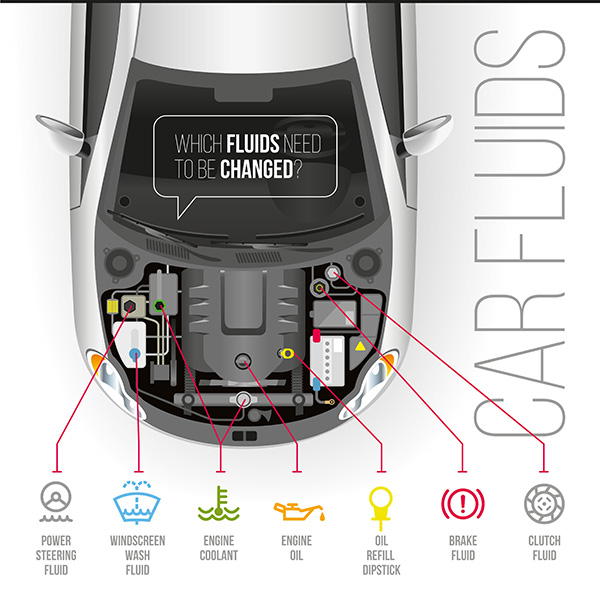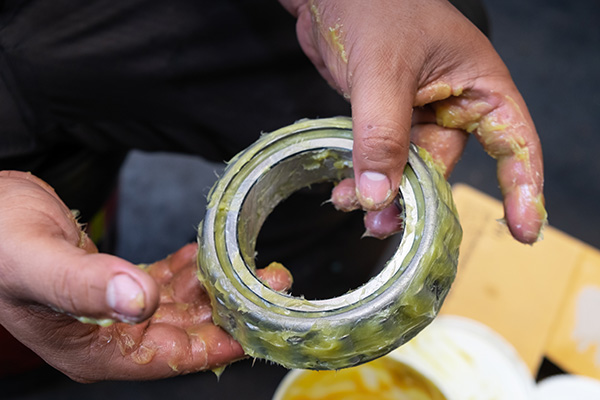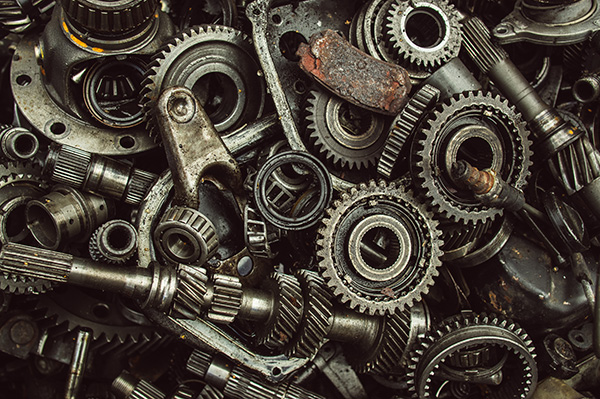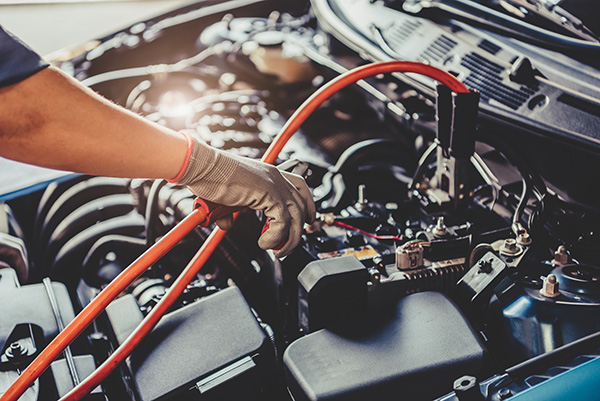Posted on 11/29/2024

The holidays are here, and finding the perfect gift for the car enthusiast in your life might feel like a challenge. What do you get for someone who practically lives in their car or spends their weekends tinkering in the garage? Fortunately, the options are endless, and with a little creativity, you can pick something they’ll truly appreciate. Whether it’s a practical accessory or a gadget they never knew they needed, there’s a gift out there that’s sure to bring a smile to any car lover’s face. 1. High-Quality Car Care Kit Every car enthusiast loves keeping their ride in pristine condition. A premium car care kit is an excellent gift, offering all the tools and products needed to clean, polish, and protect their vehicle. Look for kits that include wax, microfiber cloths, tire cleaners, and interior detailing supplies. Not only is this gift practical, but it also shows that you understand their passion for keeping their car looking its ... read more
Posted on 10/31/2024

Your car relies on various fluids to keep its systems functioning properly, ensuring a smooth and safe ride every time. From engine oil to coolant, these fluids need to be checked and maintained regularly to prevent major breakdowns and keep your vehicle running efficiently. This essential maintenance is necessary to avoid costly breakdowns and unexpected roadside issues. So, how do you keep an eye on your car's fluid levels, and what do you need to know? Why Checking Fluid Levels is Important Your car is a complex machine with multiple systems working together. Oil, coolant, brake fluid, and power steering fluid are vital in keeping these systems running efficiently. Regularly checking and topping off fluids helps prevent wear and tear on components, reduces the risk of overheating, and can even extend the life of your engine. Ignoring this simple task can lead to serious problems, such as engine failure, overheating, or brake malfunction, which can be costly an ... read more
Posted on 9/30/2024

Ever heard an unusual noise coming from your car when you're driving? Or maybe you’ve felt an odd vibration while steering? These could be early signs of a bad wheel bearing. Wheel bearings allow your wheels to spin freely with minimal friction, but when they start to wear out, it can cause all sorts of problems. Understanding the warning signs of a bad wheel bearing can save you from more serious damage. We'll explain some of the most common symptoms of a failing wheel bearing and how to recognize them. Strange Noises from Your Wheels One of the most noticeable signs of a bad wheel bearing is an odd noise coming from your car's wheels. You might hear a grinding or roaring sound, especially as your speed increases. Sometimes, this noise can resemble the sound of worn-out tires, but it becomes more pronounced when you make turns or change lanes. The noise typically comes from one side of the vehicle, depending on which wheel bearing is failing. If ... read more
Posted on 7/29/2024

Ever found yourself wondering if that odd noise your car is making might be something serious? Or maybe you've noticed a change in how your car handles on the road? These could be signs that your car's transmission is in trouble. Your transmission is essential for shifting gears, ensuring a comfortable and safe drive. Ignoring the early signs of transmission issues can lead to costly repairs and even more significant problems down the road. Let's explore the key indicators that your car's transmission needs attention so you can keep your vehicle running smoothly. Delayed or Rough Shifting One of the most noticeable signs of transmission trouble is delayed or rough shifting. When your car takes longer than usual to shift gears or if the shifts feel rough and jarring, your transmission is likely the culprit. This can happen due to worn-out transmission fluid, damaged gears, or a failing clutch in manual transmissions. You might feel a hesitation or a ha ... read more
Posted on 6/28/2024

Car batteries are like the heartbeat of your vehicle. They power everything from starting your engine to running all the electronics you rely on every day. But how do you know when your car battery is about to give up the ghost? Let's explore the signs and symptoms that indicate it might be time for a replacement. Signs of a Failing Battery Ever tried starting your car only to hear a sluggish, whirring sound? That's a classic sign your battery might be on its last legs. A car battery typically lasts between three to five years, but many factors can shorten its lifespan. If your battery is nearing this age, it's wise to be on the lookout for warning signs. One common indicator is dimming headlights. If you notice your headlights aren't as bright as they used to be, especially when idling, it could be due to a weak battery. Another sign is a slow engine crank ... read more